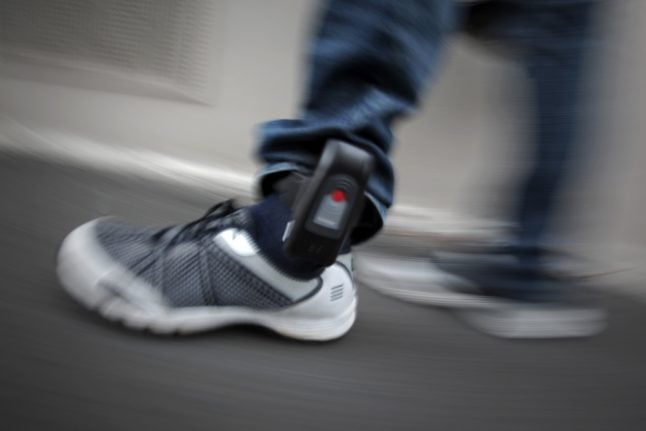Maas told news agency DPA that extremists deemed by security services to be capable of committing attacks could be tracked using electronic monitoring.
“We must do all we can so that those who pose a risk are kept in sight as much as possible, including before a potential conviction,” Maas told DPA on Sunday.
“As part of that, electronic ankle monitors should not be a taboo.”
Maas had suggested a similar tactic after several violent incidents in southern Germany last July, proposing that such monitors be used after prison.
Maas is set to meet Interior Minister Thomas de Maizière on Tuesday to discuss the December 19th Berlin truck attack, in which 12 people were killed.
The main suspect, Anis Amri, had been investigated by intelligence services in the state of North Rhine-Westphalia (NRW) on suspicion of planning a terror plot and had been categorized as a security threat.
But when he moved to Berlin in February 2016, a lack of communication between security services in the two states appears to have contributed to him being able to escape the attentions of police.
He had also been told to leave the country in June 2016, but remained free while Germany tried to get official documents about him from his home country of Tunisia. The North African country did not provide the necessary documents until after the attack.
READ MORE: How the Berlin terror suspect avoided deportation
The Interior Minister last week presented a proposal to strengthen the country’s security measures, including centralizing intelligence services and creating deportation centres to house rejected asylum seekers until Germany can send them back to their home countries.
Maas also told DPA that he agreed with de Maizière’s idea for deportation centres.
“Being held in detention pending deportation should in the future also be imposed on those who pose risks if their countries of origin do not cooperate with the return,” Maas said.
Vice Chancellor Sigmar Gabriel and de Maizière both at the weekend voiced support for cutting development aid to countries that refuse to take back rejected asylum seekers.
Gabriel also wrote in the Frankfurter Allgemeine Zeitung on Monday that the country needs “more personnel and far better technical equipment for the federal and state police”.


 Please whitelist us to continue reading.
Please whitelist us to continue reading.